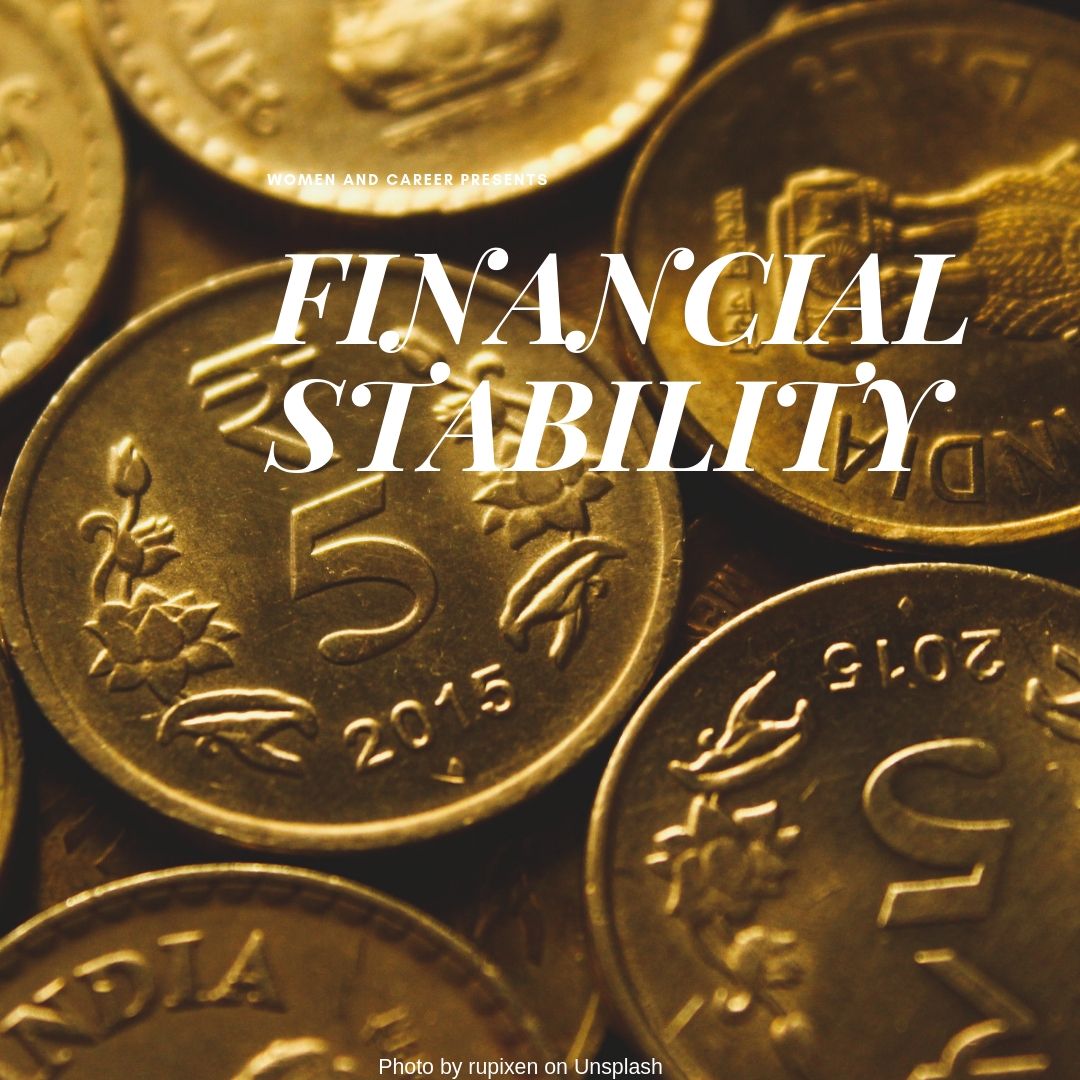
Financial stability is one compound word that the average person knows about, understands the meaning, dreams of, but most often finds it near unrealistic to achieve. How do I mean? Globally, it is not unheard of that one earns a substantiable amount of money each month, but still has nothing left from it before the next paycheck. In fact, this seems to be the most prevalent scenario in our century.
The usual ready excuse that jumps to mind following this month-to-month reliance and expectance of paychecks is that “Oh, my responsibilities keep increasing, while my paycheck remains the same”. But hey, whatever happened to “cutting your coat according according to your cloth”. The truth is, if you continue funding this lifestyle by coming up with ready excuses at each turn, then you will most probably never attain financial stability, even if your paycheck was tripled.
So, if you seek to attain financial stability… If you really desire to break the “broke cycle”… If you are tired of striving with your money, then this post is for you. By following these 5 underlisted steps judiciously,you might just have a chance at attaining financial stability before this year ends.
-
Make your choice and stick to it –
If you are reading this post, chances are higher that you want to attain financial stability. However, wanting to do something and actually doing it are two different things. Basically, you have just two options; Either to keep complaining about your money troubles or take action to change it. If you do choose financial stability, know that you must be consistent.
-
Create a financial plan –
It is never enough to make a decision. You must back it up with actions and you can only take actions when you’ve made concrete feasible plans. Your road to financial stability requires planning. To create a feasible financial plans, start by noting down and answering these questions;
- Note your monthly expenditure. What do you really spend your money on within a month?
- What is your target for your financial plan? What are you saving for? (A car, retirement, a mortgage, education or debt etcetera)
- Assign an estimated cost and deadline to your targets or goals.
- Calculate exactly how much you need to save (put away) in order to achieve your targets.
- Consider the numerous saving strategies available to you and choose one – could be investment, savings, getting a second job, starting a side hustle, or even cutting down on your expenses.
- Prepare your financial plan by specifying the exact amount of money to save each day/week/month within the specified time frame in order to achieve your goals.
You can also seek professional assistance in creating a financial plan, you have resources and platforms like Money Africa to help you.

-
Execute your financial plan –
The herculean part of attaining financial stability is not the phase of creating your financial plan, rather it is the phase of executing it. Time and Time again, you will be oh so tempted to fall back into habits that got you broke in the first place. To make it easier for you to execute your financial plan, consider getting either an accountability partner or a financial advisor. If you choose to go for an accountability partner, use someone you respect a lot: someone you are loathe to disappoint. That way, you won’t even contemplate falling back into old habits. However, an experienced advisor would serve you better in the long run, because he/she would provide you with financial advices as well as choice investment options with high potentials.
-
Monitor your progress –
To ensure that you are on the right path, periodically track your progress with your financial plan. Remember you assigned an estimated cost to your target, which you divided by the time frame/deadline in order to get the exact amount you need to save each day/week/month. By your second week/month, were you able to save up the estimated amount for that period? Did you save up more, less or exactly that amount? If less, what caused it? At this point, be truthful to yourself and to your accountability partner or financial advisor Pinpoint what went wrong and what went right.
-
Review your plan for Financial Stability –
So, it is the second week or month and you e had a taste of what it feels like to have a serious financial plan. At this stage, you’ve also monitored your progress and told yourself a few home truths. If your self-truths require that you totally change your saving strategiesor improve on them, then get on with it and do so. On the other hand, if your saving strategies are working out well for you, then stick with it.
Remember your goal of reading this article is to attain financial stability alongside your career? Financial stability doesn’t end with the achievement of your goal, rather it requires consistency. So, after you’ve achieved your first goal, start up another and another until you can’t remember the last time you faced money troubles.
Till then, remember to like, share and comment on this article. Your friend, loved ones or even siblings may find it useful, and we just can’t wait to hear from you.
READ ALSO : Before you resign to start your own business


